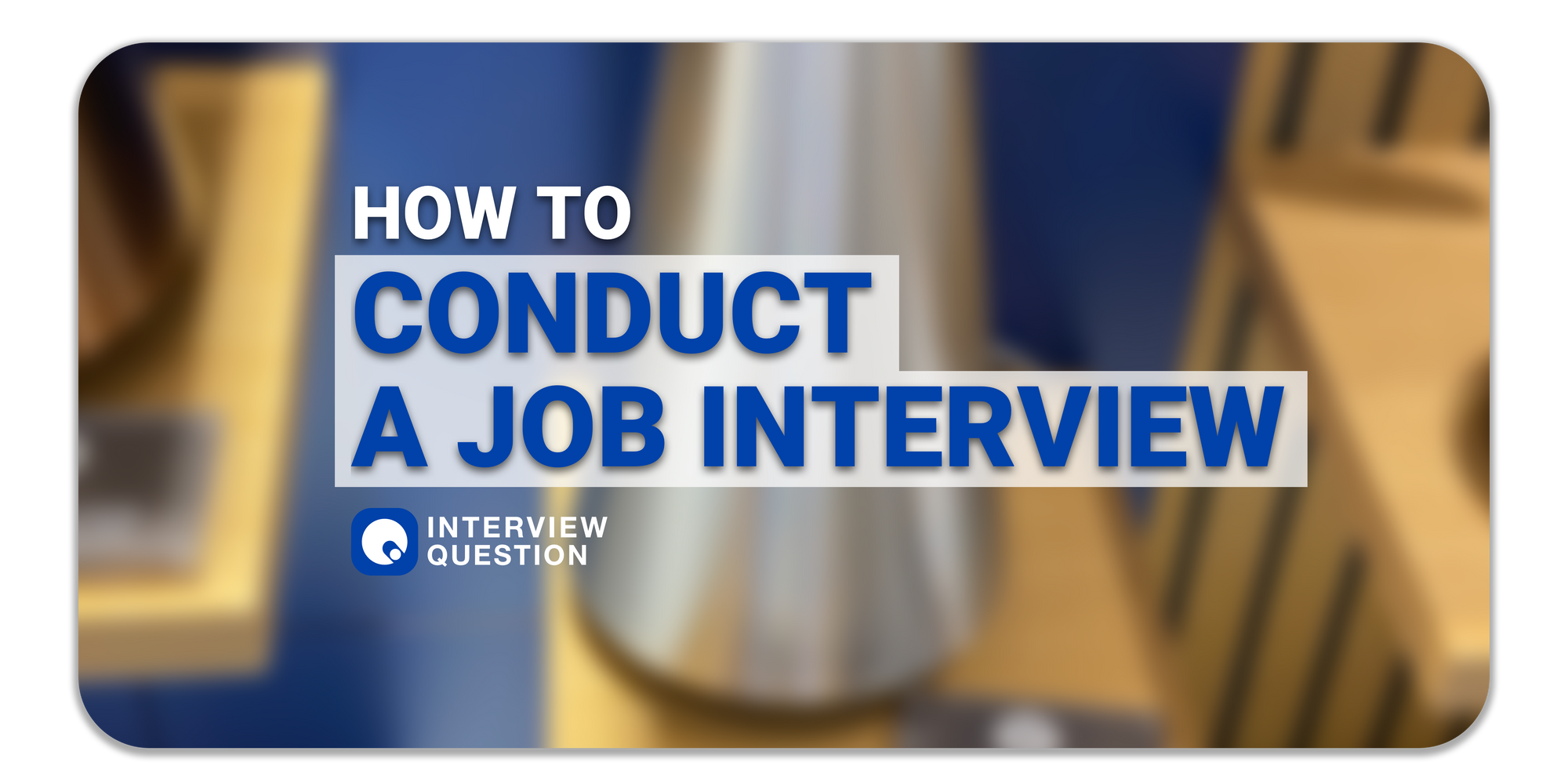Why You Shouldn't Apologize for Being Nervous in an Interview
When you're in an interview, being nervous can actually work to your advantage! Here's why you shouldn't apologize for feeling a little anxious.

If you're like most people, the thought of going into a job interview makes your stomach do somersaults. And if you're really nervous, it's likely that during the course of the interview, you'll apologize for being nervous. But there's no need to say sorry for being anxious - in fact, it might be just what sets you apart from the other candidates.
The unusual benefits of being nervous in an interview
Nervousness during an interview can actually be a good thing. It may seem counterintuitive, but being nervous before an interview can mean that you’re taking the meeting seriously and want to do your best.
Interviews are nerve-wracking for everyone involved. The interviewer wants to find the right candidate, and the interviewee wants to get the job. Because of this, it’s important to remember that nerves are normal. In fact, they can even be beneficial.
Here are four reasons why being nervous in an interview can be a good thing and works in your favour:
1) Nerves show that you care about the opportunity
If you didn’t care about getting the job, you wouldn’t be nervous. Your nerves show that you have a genuine interest in the role and company—otherwise known as one of the qualities employers look for most in candidates. This is especially true if it's your dream job or company; when we really want something, we tend to get more worked up over it . Interviewers will see your passion and excitement as an asset, not a liability.
2) Nerves help keep you on your toes
Once you walk into the room, it's easy to blank out or go into autopilot mode. After all, there's a lot riding on this meeting! Being slightly anxious before going into an interview helps ensure that won't happen. You'll be more likely to pay attention and engage with what's happening in front of you instead of letting your mind wander elsewhere.
3) Nervous energy can help boost performance and energy levels
Just like athletes who use their adrenaline rush to power through competition, some people also perform better under pressure when they're feeling tense.
All that adrenaline coursing through your veins can give you an extra boost of energy when you need it most. Think about how you feel after running a marathon or completing a difficult task – exhausted but also exhilarated from the accomplishment. That same rush of adrenaline can help carry you through a tough situation like giving a presentation and an important interview.
4) Nerves make us aware of our body language
If we weren't feeling any type of anxiety before walking into an important meeting, we might not realize how we're coming across nonverbally. For example, someone who normally has great posture might start slouching without realizing it when they feel comfortable around someone. However, if they're worried about making a good impression during an interview, they 'll probably sit up straighter without even thinking twice.
5) Being nervous gives us extra motivation
We often need just a little push outside our comfort zones in order achieve great things. To paraphrase Sheryl Sandberg : " What would YOU do if YOU weren't afraid? " Answering this question honestly could lead us down some pretty amazing paths — both professionally and personally.
Don't be sorry for being naturally nervous in an interview
It's natural to feel nervous before an interview. After all, you're meeting someone new and talking about yourself – two things that can be nerve-wracking for even the most confident person. The key is not to let your nerves get the best of you.
Apologizing for how your body naturally functions is not a good way to start off an interview.
You don't want the interviewer to think that you're not confident or capable, so do your best to keep cool, calm, and collected. Saying sorry would sound like an excuse for your incompetency (if you make mistakes) and a horrible, irresponsible candidate.
Temporary nervousness doesn't make you a bad candidate
All candidates feel nervous. Your reactions and body language is merely one component of the assessment. Even if you do poorly (by stuttering a lot and blanking out for example), but end up giving up quality answers and have all the qualifications for the job, you can still get selected for the role. Job applicants never get eliminated based on messing up one criteria alone. But, they do get ranked and parked lower in sequence if there are similar candidates with similar profiles who perform better during the same interview round.
Instead, take a few deep breaths, sit up straight, and remember that the person across from you is just another human being, just like you. The best way to combat your nerves is to be prepared. Make sure you know everything there is to know about the company, the position you're interviewing for, and what kind of questions they're likely to ask. The more information you have, the more confident you'll feel going into the interview. And if you do make a mistake or can't think of an answer to a question, don't apologize – just move on and try your best to recover from it.


